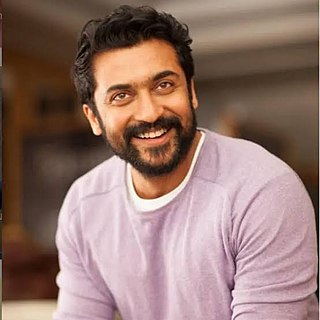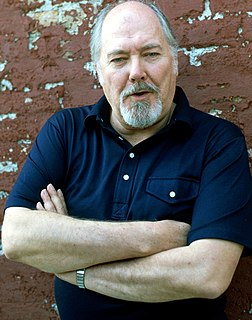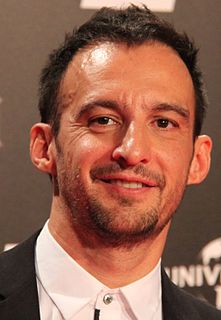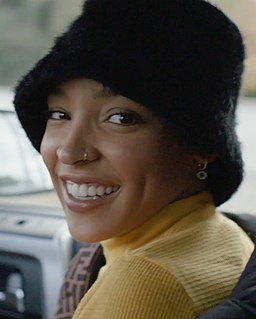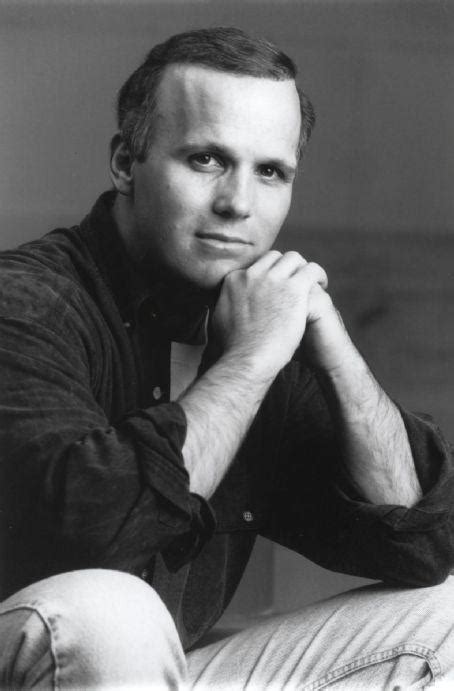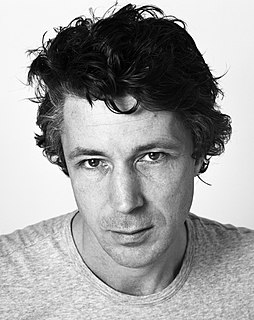A Quote by Ridley Scott
Fundamentally, I always find that most of the films that I've put out are essentially the director's cut. Part of the process with a director's cut is the leaving behind of certain aspects of the movie that we don't feel necessary because they aren't part of the dynamic of the story.
Related Quotes
For my first movie, I think my first cut was like three hours, because when you first direct a movie, you want to keep everything. But I'm not one of those directors who falls in love with the stuff they've done. Already when I'm doing my first cut, I'm willing to cut out everything that is necessary.
The first cut I do is usually between five and 10 minutes shorter then the cut that we release. Anything I think isn't working or might not work, I don't even put it in the director's cut. And usually it's the studio suggesting I put stuff back in, as opposed to studios saying, "You got to lose 40 minutes," they are always saying, "You've got to gain five minutes."
If we do change anything, we always talk about it beforehand. It's not really fair to throw things at the director on the day, unless it's a small note such as re-phrasing something. But if it's large, we always talk to the director. But we seldom do that out of respect for the writers because, for the most part, they do such a great job.
With a director it's all about the work; I'd work with a great director over - you know, I'm not the kind of actor who that doesn't go, 'I want to play this role.' It's more like, 'I want to work with this director,' regardless of what the role is because if it's a good director, you'll probably find a good role because it's a decent film. But a mediocre director will always make a mediocre movie.
I take my craft seriously, of course, but I don't feel the need to always play a certain character or a certain part or persona. I'm not going to cut something out of my life because it's not 'my image.' I want to be open enough that if I love something, I can do it, and it will add to myself as an entertainer.




